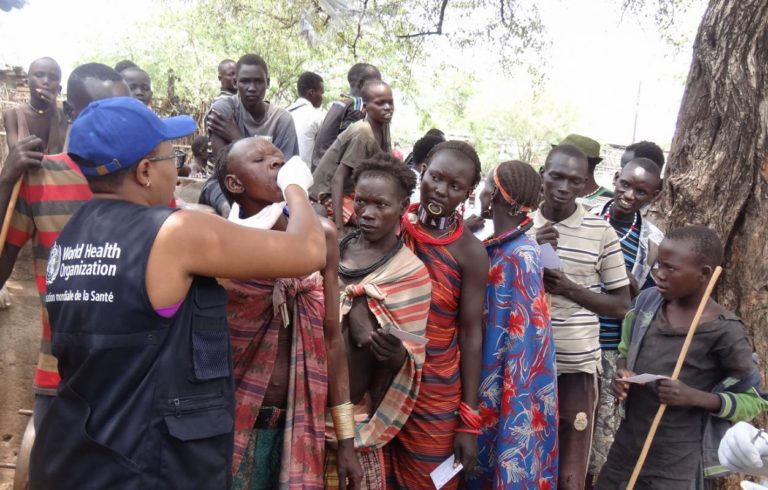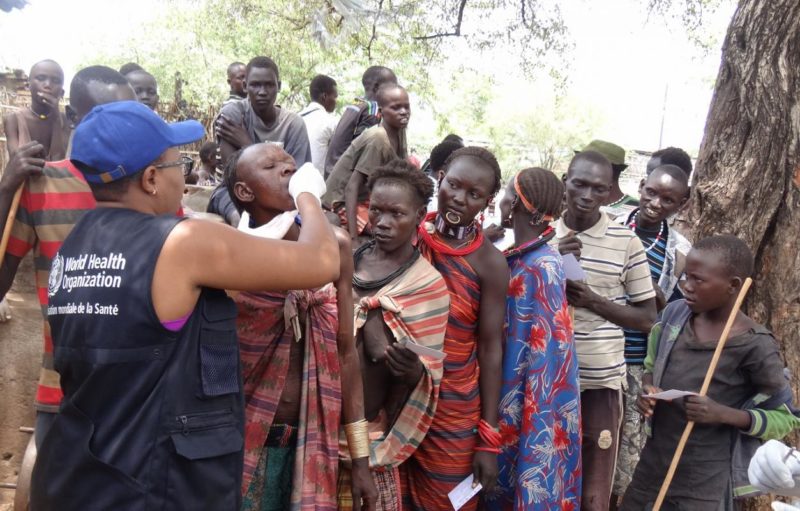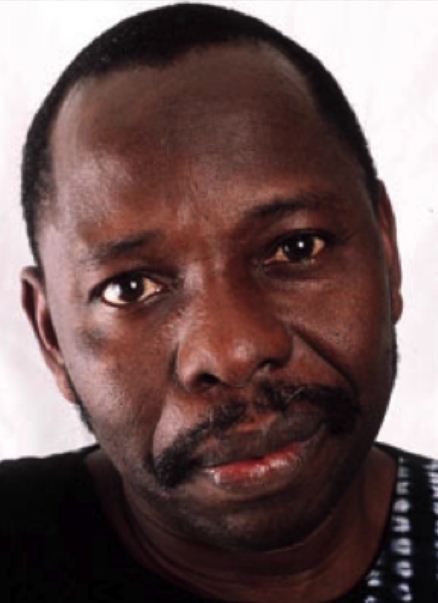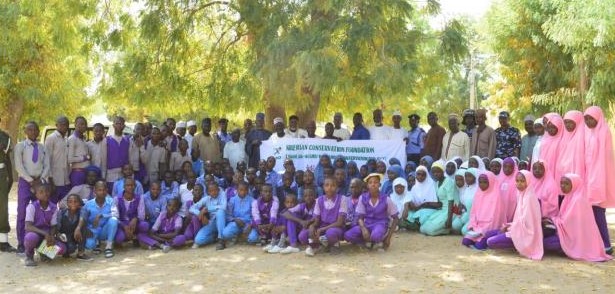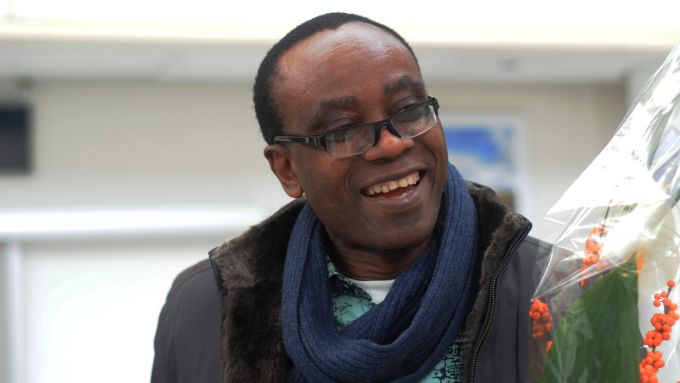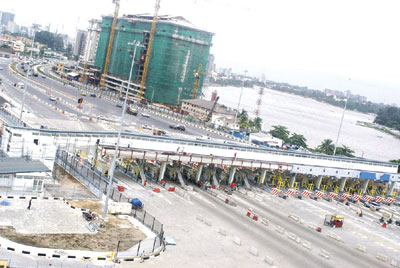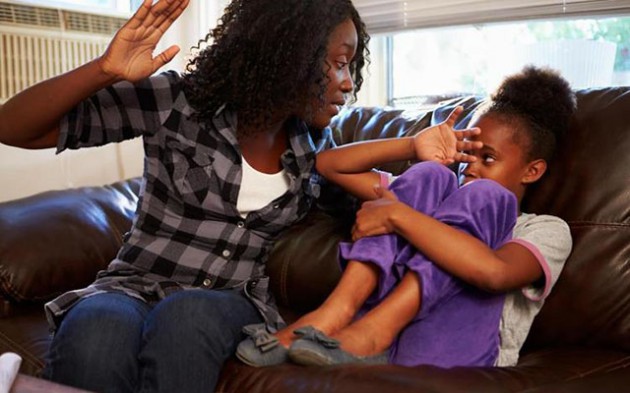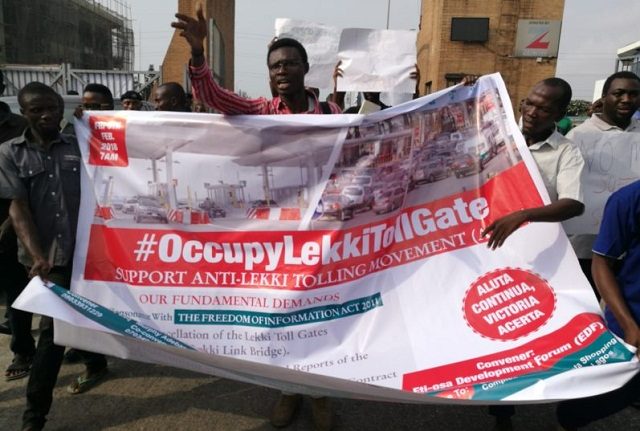On the occasion of the International Day of Women and Girls in Science, the African Development Bank (AfDB) has called on African countries to make science, technology and innovation (STI) policies inclusive and to place women and girls at the centre of STI programmes.

Celebrated each year on February 11, the International Day of Women and Girls in Science was adopted by the United Nations General Assembly to promote full and equal access to and participation in science for women and girls. The day is a reminder that women and girls play a critical role in science and technology communities and that their participation should be strengthened.
“Africa cannot talk about innovations without investing in its human capital. Support and mentorship are essential to increasing the participation of youth and women in science and technology,” said Oley Dibba-Wadda, Director of Human Capital Youth and Skills Development at the AfDB.
“Decision-makers must prioritise the inclusion of youth and women in science and technology. African entrepreneurs and innovators must also be equipped with the right skills to succeed in a rapidly changing workforce.”
Through its numerous interventions in this area, the AfDB is pointing the way to how women and girls can be supported to make a difference in science and innovation.
For instance, through the Nigeria Technical Cooperation Fund (NTCF), the bank is providing scholarships to African students to develop and build their capacities in science and technology at the African University of Science and Technology in Abuja, the country’s capital.
One of the beneficiaries of the scholarship, Sandra Musu Jusu of Sierra Leone, is gaining global attention with her research into an alternative treatment for breast-cancer – an ailment that is prevalent among African women.
Musu Jusu, a Sierra Leonean, said, “I am happy the scholarship came at the time it did, as it helped me remain focused on my goals which is to become a researcher. My Master of Science project is focused on breast cancer − the violent cancer types that kill African women.”
According to María-José Moreno, Chief Gender Officer at the AfDB, “In its operations supporting science, technology and innovation in Africa, the Bank has set indicators reducing gender gaps amongst students, and amongst teachers.”
A society needs the talent of all its citizens, men and women, and cannot thrive when half of the population does not develop its potential, she said.
The AfDB says it uses a multi-pronged approach to support girl’s education especially in Science, Technology, Engineering and Mathematics (STEM). Between 2005-2017, the bank reportedly approved $2 billion to support over 70 education projects for Africa. $52 million in support to technical vocational education, training, and teacher education in Tanzania is helping reduce gender imbalance in science and technology related programs where female participation was only 11-19%.
Some 10,800 students, 50% of them female, have benefited from the programme.
Through the bank’s support of the Network of African Institutions of Science and Technology (SNAIST) Project, the 510 students graduated from Master’s and Ph.D programmes, with 48.9 % being female. The project awarded 48 scholarships to students, including young women.
According to the AfDB, its goal is to contribute to the building of high-skilled human capital, especially in science and technology for the technological advancement of the African continent.
One of the graduates – Ufuoma Bright Ighore and her professor – were awarded first prize in the 2nd international Bernard P. Zeigler Discrete Event System Specification modelling and simulation competition in Boston, Massachusetts.
In Rwanda, the bank’s support to science technology and skills development is promoting girls in science and technology and mathematics (STEM) and providing skills transfer through scholarships, professional internships and knowledge transfer partnerships.
In South Africa, AfDB is contributing to the realisation of an environment for sustainable employment and inclusive growth in the natural minerals and extractive industry in South Africa with the use of science technology innovation, targeting 50% female beneficiaries.
Mpho Phalwane, studying for her M.Phil. in Sustainable Mineral Development, is one of the students supported under this project and is researching the rehabilitation of abandoned asbestos mines in South Africa.
Speaking of her experience, she says, “I believe that mining is a good vehicle for development in Africa, and I am excited about our role in ensuring it is of a sustainable kind. The important work of moving forward does not wait to be done by perfect men. In that spirit, we should then not be afraid to keep trying.”
As part of its programmes in promoting science, technology and innovation, the bank is co-hosting the third Africa Forum on Science, Technology and Innovation in Cairo, Egypt, from February 10-12.
The Forum, with the theme, “STI for Private Sector Competitiveness and Economic Transformation in Africa,” also features a parallel session on “Women in Science: Addressing the Gender Gap in the Field of Science, Technology and Innovation”.
“Creating more equitable and inclusive societies requires that women and men are distributed across the different professions, including science, technology and innovation. This will foster social progress, cohesion and make societies and economies more resilient,” said Vanessa Moungar, Director for Gender, Women and Civil Society at the AfDB.

